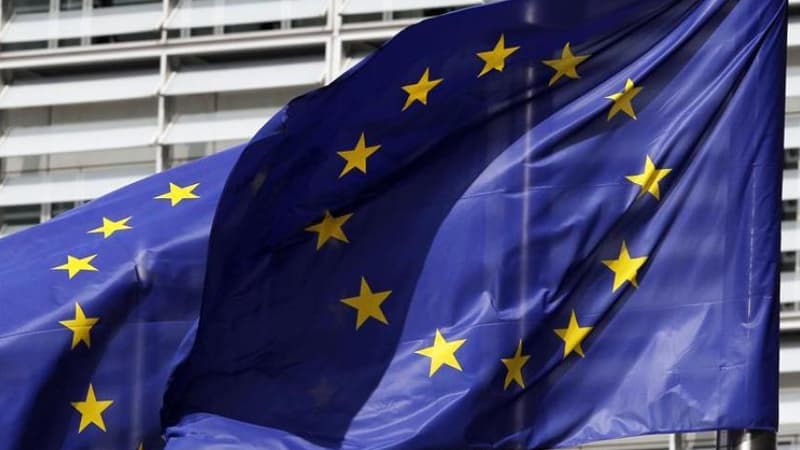At a European summit held in Brussels on Thursday night, the 27 member countries of the European Union (EU) approved a ninth package of sanctions against Russia, which entered into force on Friday with its publication in the Official Journal of the EU.
Specifically, the EU has banned the export of drone engines to Russia and “all third countries” that can supply these elements in order to deprive the Kremlin of these weapons used against Ukraine.
Brussels also bars EU citizens from holding “seats in the governing bodies of all legal persons, entities or entities owned or controlled by the Russian state and located in Russia.”
“We continue to target the economy and those who play a decisive role in this brutal war,” European Foreign Minister Josep Borrell said in a statement.
12 members of the Russian government attacked
The targeted sanctions concern twelve members of the government, 42 elected members of the Duma, the president and the nine judges of the Constitutional Court of the Russian Federation, 77 soldiers, including 30 members of the Russian General Staff unit responsible for planning the launch. of missiles. , three members of the family of Chechen President Ramzan Kadyrov, an ally of Vladimir Putin, as well as the wife and relative of oligarch Yuri Kovaltchouk.
Several media personalities, including Boris Kortchevnikov and director Nikita Mikhalkov, are also being punished for their part in justifying the war against Ukraine.
Five Russian political parties – the Communist Party, United Russia, the New People’s Party, the Liberal Democratic Party and the Just Russia Party – and 23 companies linked to the Russian army are also sanctioned.
The blacklist of individuals and entities who have been visa-banned and whose EU assets are seized now includes 1,386 individuals and 171 entities.
Sanctioned Russian media
The EU has also initiated the procedure to suspend the broadcasting licenses of four media outlets: NTV/NTV Mir, Rossiya 1, REN TV and Pervyi Kanal, in order to block the systematic international campaign of disinformation and manipulation of information that leads to out the Russian Federation with the aim of destabilizing its neighboring countries. The measure is imposed on the company Intelsat, which provides telecommunications services via satellite.
The new sanctions place restrictions on the export of dual-use goods and technologies, including those used by Russia’s defense and security sector, such as “key chemicals, nerve agents, night vision and radio navigation, electronic and computer components.”
The EU also bans exports of drone engines “to Russia and any third country that may supply drones to Russia,” which includes Iran, it was said.
An asset freeze is imposed on the Credit Bank of Moscow, the Dalnevostochny Bank and the Russian Regional Development Bank. They will no longer be able to transact in the EU.
A possible unfreezing of the assets of certain oligarchs
In addition, no new European investment in the Russian mining sector will be possible, with the exception of the activities of extraction and exploitation of certain critical raw materials: titanium, aluminum, copper, nickel, iron ore, radium, chromium, cobalt and the rare land needed by European industry.
“These exceptions help protect the economic interests of our industries,” a senior official said.
The EU is also taking the opportunity to unfreeze assets held by certain Russian citizens active in international trade in agricultural and food products, including wheat and fertilizers, before being sanctioned.
This possibility has been the subject of controversy among Member States. Poland and Lithuania considered that this exemption granted to sanctioned oligarchs weakened the sanctions. The two countries gave their agreement after having obtained the guarantee that the exceptions would be exceptional and supervised.
Source: BFM TV


